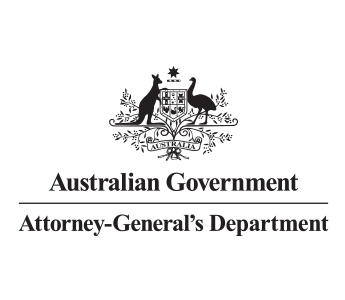Coordinate disruption
Summary
Coordinate disruption activities across multiple programs or entities to strengthen processes and identify serious and organised criminals targeting multiple programs. It can also include referrals to law enforcement agencies for those groups that reach the threshold for complex criminal investigations.
Why this countermeasure matters
Serious and organised criminals are using sophisticated methodologies to target government programs. Poor or no coordinated disruption activities can lead to criminals:
- continuing to exploit programs
- shifting focus and exploiting new programs
- exploiting multiple programs
- easily moving into and exploiting other programs.
How you might apply this countermeasure
Ways to implement this countermeasure include:
- revoking funding approvals
- de-registering businesses and individuals
- issuing Commonwealth debt notices
- conducting taxation assessments
- sharing information with other entities to support due diligence processes
- referring service providers to state and territory regulators or to law enforcement entities for those groups that reach the threshold for complex criminal investigations.
How to check if your countermeasures are effective
Here are some ways to measure the effectiveness of this type of countermeasure:
- consult analysts and investigators about their capability to disrupt fraud of this specific or similar type
- confirm if disruption activities have previously been completed into fraud of this specific or similar type
- retrieve and analyse data related fraud of this specific or similar type. For example, identify the number and type of actions taken through administrative compliance activity.
Related countermeasures
This type of countermeasure is supported by:
Collaborate with strategic partners such as other government entities, committees, working groups and taskforces. This allows you to share capability, information and intelligence and to prevent and disrupt fraud.
Legislation and policy can help prevent, detect and respond to fraud, such as by outlining clear rules, regulations and criteria, allowing entities to collect, use and disclose information and allowing entities to enforce penalties and recover fraud losses.
Establish governance, accountability and oversight of processes by using delegations and requiring committees and project boards to oversee critical decisions and risk. Good governance, accountability and oversight increases transparency and reduces the opportunity for fraud.
Provide staff with the knowledge and skills required to analyse and investigate different types of fraud.
Investigate fraud in line with the Australian Government Investigation Standards (AGIS).
These are penalties for customers, staff or third parties that commit fraud or do not comply with rules, processes and expectations.


